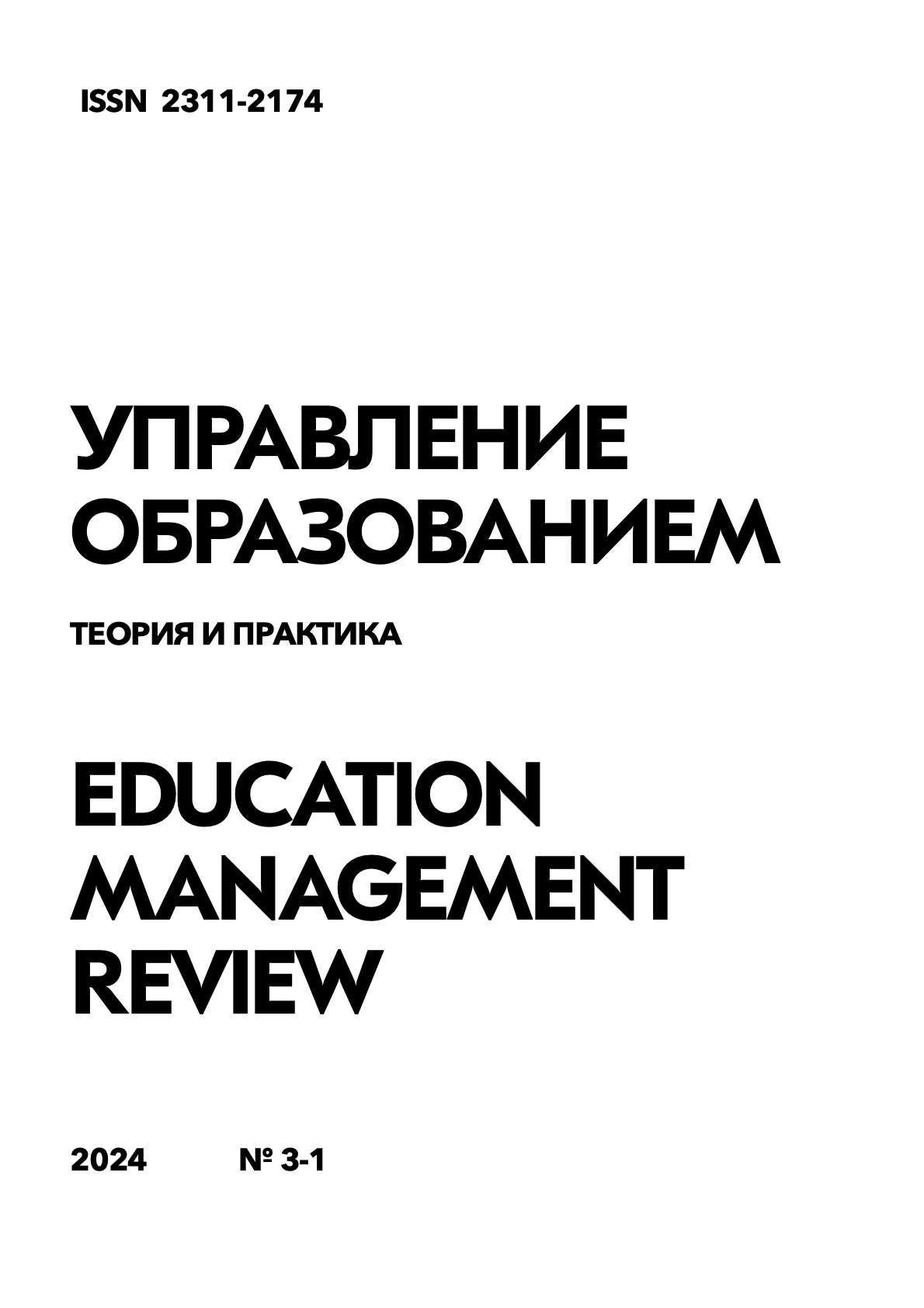The development of critical thinking in English classes for students of non-linguistic universities
DOI:
https://doi.org/10.25726/l5571-4999-4169-pKeywords:
critical thinking, English, non-linguistic university, analysis, synthesis, evaluation, teaching methodsAbstract
This article examines the problem of developing critical thinking among students of non-linguistic universities in English classes. The relevance of the topic is due to the need for future specialists to develop skills in analyzing, synthesizing and evaluating information, which is an integral part of their professional competence. The purpose of the study is to identify effective methods and techniques for developing critical thinking among students in the process of learning English. The following methods were used in the course of the study: analysis of scientific literature on the development of critical thinking, observation of the educational process, questioning of students and teachers, as well as a pedagogical experiment. 120 students of 1-2 courses of technical specialties took part in the experiment. The experimental group (60 people) was engaged in a specially developed methodology, including such techniques as brainstorming, discussion, role-playing, case method, etc. The control group (60 people) was trained according to the traditional method. The results of the study showed that the students of the experimental group demonstrated a higher level of critical thinking development compared to the control group. Thus, 78% of the students in the experimental group successfully completed tasks for the analysis and interpretation of texts, while in the control group this figure was only 54%. In addition, the students of the experimental group showed great activity and interest in the classroom, which had a positive effect on their motivation to learn English. Based on the data obtained, it can be concluded about the effectiveness of using the proposed methodology for the development of critical thinking among students of non-linguistic specialties.
References
Коряковцева Н.Ф. Современная методика организации самостоятельной работы изучающих иностранный язык. М.: АРКТИ, 2002. 176 с.
Павлова Ю.В. Развитие критического мышления студентов на занятиях по иностранному языку // Вестник Московского государственного областного университета. Серия: Педагогика. 2019. № 4. С. 107-115.
Полат Е.С. Новые педагогические и информационные технологии в системе образования. М.: Академия, 2009. 272 с.
Соловова Е.Н. Методика обучения иностранным языкам: базовый курс лекций. М.: Просвещение, 2002. 239 с.
Халперн Д. Психология критического мышления. СПб.: Питер, 2000. 512 с.
Шамов А.Н. Методика преподавания иностранных языков: общий курс. М.: АСТ, 2008. 253 с.
Ennis R.H. Critical thinking: reflection and perspective. Part I // Inquiry: Critical Thinking Across the Disciplines. 2011. Vol. 26. N 1. P. 4-18.
Facione P.A. Critical thinking: what it is and why it counts. Millbrae, CA: Measured Reasons, 2011. 28 p.
Paul R., Elder L. Critical thinking: concepts and tools. Tomales, CA: Foundation for Critical Thinking, 2006. 24 p.
Scriven M., Paul R. Defining critical thinking // 8th Annual International Conference on Critical Thinking and Education Reform. 1987. P. 1-3.
Stenberg R.J. What is the common thread of creativity? Its dialectical relation to intelligence and wisdom // American Psychologist. 2001. Vol. 56. N 4. P. 360-362.
Tarvin W., Al-Arishi A. Rethinking communicative language teaching: reflection and the EFL classroom // TESOL Quarterly. 1991. Vol. 25. N 1. P. 9-27.
Tishman S., Perkins D., Jay E. The thinking classroom: learning and teaching in a culture of thinking. Boston: Allyn and Bacon, 1995. 298 p.
Wegerif R. Literature review in thinking skills, technology and learning. Bristol: Futurelab, 2002. 40 p.




